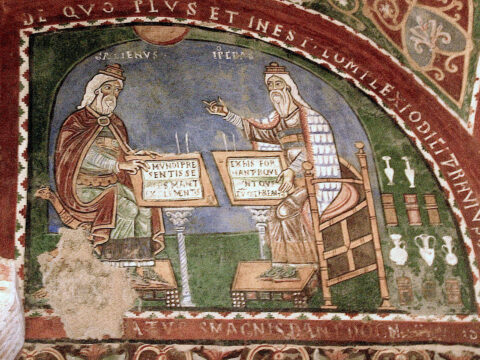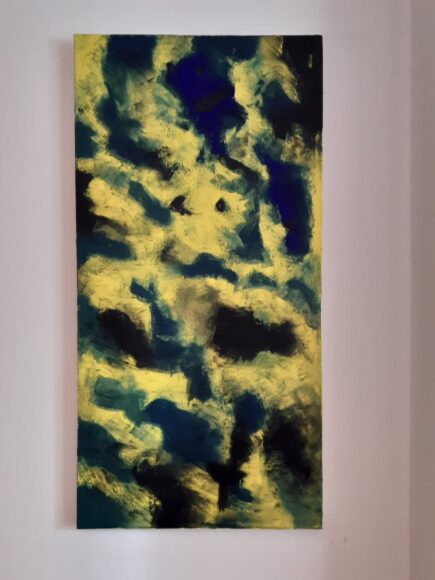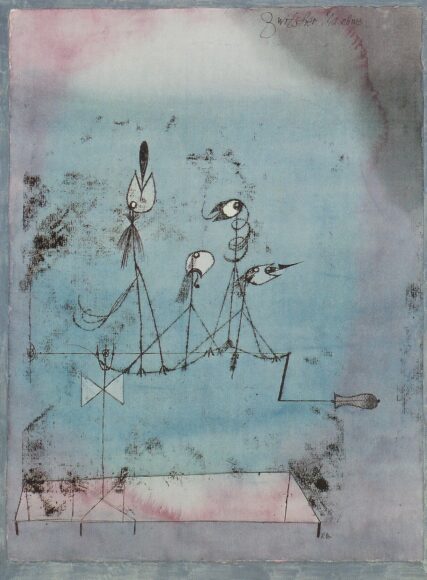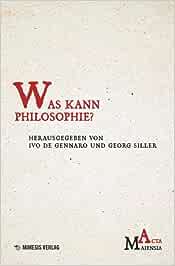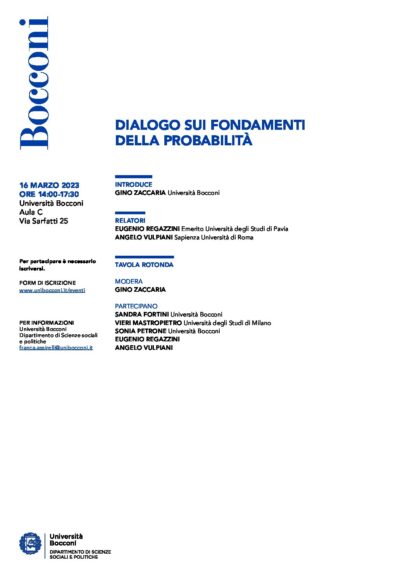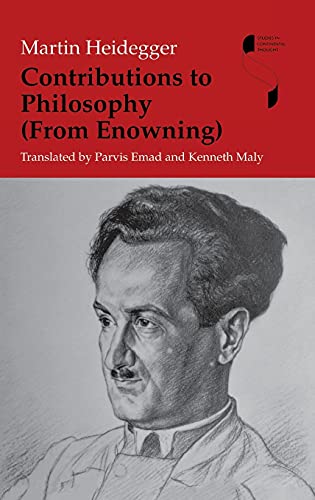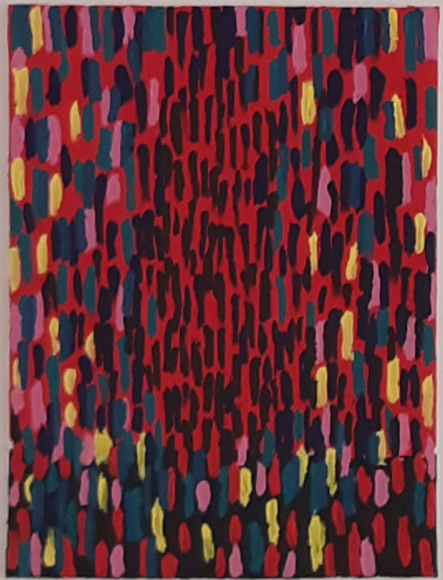
Il testo “Φύσις, Ab-grund e nullibità”, a cura di Ivo De Gennaro e Gino Zaccaria (con la collaborazione di Tommaso Giongo), si compone di quattro saggi di traduzione – corrispondenti ad altrettante partizioni del trattato Besinnung di Martin Heidegger – a cui si aggiungono le delucidazioni di due Grundworte, o “dizioni fulcrali”, che figurano negli stessi testi tradotti: Abgrund (ovvero Ab-grund) e Freiheit. In particolare, vengono riproposte, in una traduzione leggermente modificata, le partizioni 17 e 18 (già presentate nel mese di novembre), mentre appaiono per la prima volta le versioni delle partizioni 26 e 27.
Un’ulteriore “dizione fulcrale” che s’incontra in questi testi è Verweigerung, la quale qui viene resa con “casto diniego” o “casta deneganza”.
Infine, per quanto riguarda la dizione Grund, ne vengono proposte traduzioni alternative a seconda che s’intenda il fondamento di matrice metafisica, oppure il fucro, l’ubi consistere, o la fondità, quali vigono nell’elemento dell’essære.
*
Aline de Souza Lopes, Le vie del fuoco (2023)
*
